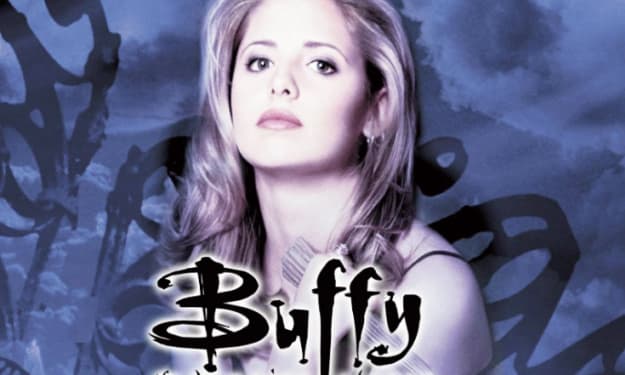The Most Controversial Movie Endings Explained
Fan Theories vs. Directors' Intentions

Introduction
Movies have the remarkable power to transport us to different worlds, immerse us in thrilling adventures, and evoke a range of emotions. One aspect that often sparks heated discussions and debates among movie enthusiasts is the ending. Some movie endings leave us in awe, while others leave us scratching our heads, searching for meaning and explanations. In this article, we will explore some of the most controversial movie endings and delve into the contrasting perspectives of fan theories and directors' intentions.
1."Inception" (2010) - Director: Christopher Nolan
"Inception," directed by the mastermind Christopher Nolan, is a mind-bending heist film that takes place within the realm of dreams. As the film concludes, viewers are left pondering whether the spinning top finally topples or continues to spin, signifying reality or a dream. Fans have proposed various interpretations, with some asserting that Cobb (Leonardo DiCaprio) is still trapped in a dream, while others believe he has returned to the real world to be with his children. Nolan, however, has intentionally left the ending ambiguous, encouraging viewers to engage in the act of interpretation, inviting a more personalized connection with the film.
2."Blade Runner" (1982) - Director: Ridley Scott
The neo-noir science fiction classic "Blade Runner" captivated audiences with its dystopian vision of the future and thought-provoking themes. The final scene, featuring the confrontation between Deckard (Harrison Ford) and Roy Batty (Rutger Hauer), raises questions about the nature of humanity and the existence of a soul. Is Deckard a replicate himself? Ridley Scott's intent has been a topic of debate among fans, but the director's cut of the film subtly hints at Deckard's true identity, leaving room for interpretation and sparking numerous theories.
3."2001: A Space Odyssey" (1968) - Director: Stanley Kubrick
Stanley Kubrick's visionary masterpiece, "2001: A Space Odyssey," is renowned for its stunning visuals and enigmatic storytelling. The film's enigmatic ending, featuring a surreal sequence of events, bewildered audiences upon its initial release. As astronaut Dave Bowman encounters the mysterious monolith, he undergoes a transformation that defies conventional understanding. Many fans have offered various interpretations, ranging from evolution to spiritual enlightenment. Kubrick's deliberate ambiguity invites viewers to contemplate the broader cosmic implications of the film.
4."Gone Girl" (2014) - Director: David Fincher
"Gone Girl," a psychological thriller directed by David Fincher, takes a dark and twisted look at a troubled marriage. The film concludes with Amy Dunne (Rosamund Pike) manipulating events to incriminate her husband, Nick (Ben Affleck). The ambiguous ending raises questions about the authenticity of their relationship and leaves audiences pondering if Nick is truly trapped or an unwitting accomplice. Fincher's intentional ambiguity allows viewers to confront the complexities of human nature and the blurred lines between victim and villain.
5."Donnie Darko" (2001) - Director: Richard Kelly
"Donnie Darko" is a cult classic known for its intricate narrative and mind-bending time-travel elements. As Donnie (Jake Gyllenhaal) faces a moment of impending doom, the film offers two possible outcomes: a plane engine crashing into his room in one timeline and his survival in another. Fan theories have explored alternate realities and the philosophical implications of choice and destiny. Director Richard Kelly's deliberate ambiguity fuels these discussions, allowing the film to remain an enigmatic and thought-provoking experience.
Conclusion
The world of cinema is rife with films that challenge conventional storytelling and leave audiences with open-ended conclusions. Controversial movie endings offer a unique opportunity for viewers to engage with the film beyond the credits, sparking discussions, fan theories, and even academic analyses. As we explored some of the most controversial movie endings and their interpretations, we witnessed how fan theories and directors' intentions can coexist, enriching the cinematic experience.
In an era where storytelling is often driven by predictability, these enigmatic movie endings remind us of the beauty and power of interpretation. Embracing diverse perspectives and engaging in discussions about the true meaning behind these controversial conclusions encourages us to think critically and explore the depths of human imagination. Whether we side with fan theories or embrace directors' intentions, the beauty of these films lies in their ability to ignite our minds and inspire us to see beyond what is presented on the screen.
About the Creator
John Akins
Content Creator. Media Lover. Pop Culture Analyst.
I write about movies & other things.






Comments
There are no comments for this story
Be the first to respond and start the conversation.